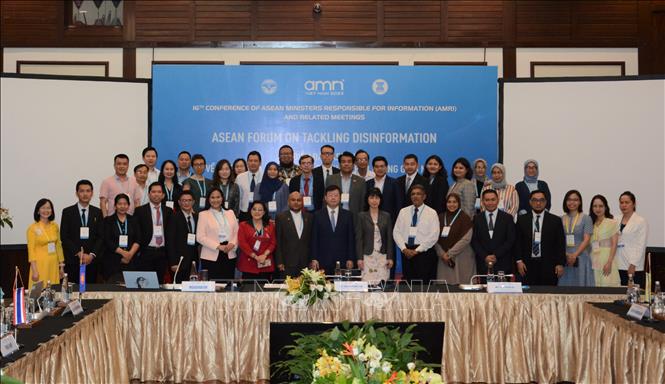 Delegates attending the Forum.
Delegates attending the Forum.The forum aims to create an open space for exchange between state management agencies, the press, cross-border platforms and relevant parties, affirming the determination of ASEAN countries in minimizing the harmful effects of fake news, towards ASEAN's common efforts to create a healthy and trustworthy information space for people.
The forum was attended by representatives of electronic information management agencies of 8 ASEAN countries; press agencies of ASEAN countries; a number of cross-border platforms (Google, Tiktok) and the ASEAN Secretariat.
The forum includes two main contents: Part 1: ASEAN countries' efforts to join hands in combating and handling fake news and misinformation; recommendations for future measures; experiences from countries in the region and press agencies; policies to promote digital literacy and media policies from some ASEAN countries as well as policies of platforms in handling fake news and misinformation and safety instructions when participating online. Part 2: Discussion on recommendations and measures for cooperation in responding to and handling fake news and misinformation in cyberspace: promoting cooperation within the ASEAN region, between governments, localities of ASEAN member countries and social networking platforms.
Speaking at the forum, Mr. Izzad Zalman, representative of the ASEAN Secretariat, said that, unlike official information, fake news is only to satisfy the entertainment needs of readers for economic and political purposes and affects many issues of countries. ASEAN members need to clarify the framework for guiding the management of government information, responding to and handling false information, thereby making progress, empowering relevant media partners to ensure freedom of speech but also ensure accuracy, transparency and authenticity.
Ms. Tunku Latifah Binti Tunku Ahmad, representative of Malaysia, said that many fake news affect national unity. To prevent fake news, the Malaysian Government has implemented a number of initiatives such as building a national electronic information portal for people to check information in many different fields, to enhance responsibility in sharing information, and encourage users to self-regulate their behavior.
The Indonesian representative hoped that governments should empower citizens to assess whether online information content is trustworthy or not; they are the source to verify information, thereby expanding the network of information verification.
Mr. Tran Ngoc Long, representative of Vietnamplus newspaper - Vietnam News Agency, said that before 2016, not many people in the media field and Internet users in Vietnam were concerned about fake news. In fact, we are living in a world where fabricated news, which can lead to disaster, spreads quickly through chat software and social media platforms.
In 2020, Vietnam News Agency launched the TikTok factchekvn account, a verification channel, part of Vietnam News Agency's anti-fake news project. To verify fake news, Vietnam News Agency has close cooperation with the Ministry of Public Security, the Ministry of Information and Communications and a number of other ministries and sectors in Vietnam. When receiving any rumors and fake evidence provided by these ministries, reporters will check the news sources and disseminate accurate information to warn readers and audiences. In addition, any TikTok or Facebook user can tag @Factcheckvn or Vietnamplus if they think there is any suspicious news on the social media platform, so that reporters can detect fake news and publish accurate information in the form of interviews with experts or relevant authorities.
According to Deputy Minister of Information and Communications Nguyen Thanh Lam, from 2017 to present, regarding the issue of fake news, ASEAN has issued many Statements and activities to raise awareness of the harmful effects such as: programs and workshops to share policies on managing and handling fake news; campaigns to improve digital literacy for people to increase understanding and mutual learning among electronic information management agencies.
Notably, at the 14th AMRI Ministerial Meeting, the Ministers adopted the Framework and Joint Statement on Reducing the Harm of Fake News, providing a common reference framework for ASEAN member countries to enhance cooperation, share information and propose feasible solutions to address the problem of fake news spreading, negatively affecting the interests of ASEAN people. In 2022, the 19th ASEAN Senior Officials Meeting on Information (SOMRI) officially approved Vietnam's initiative to establish the ASEAN Task Force on Fake News.
However, activities in this period have only stopped at sharing policies and experiences among state management agencies, and have not been extended to press agencies (participating in the role of enhancing official information, detecting, publishing and correcting fake news...) or research agencies/media units (participating in the role of independent research and verification organizations)...
According to Deputy Minister Nguyen Thanh Lam, the organization of the ASEAN Regional Forum on Responding to and Handling Fake News in Cyberspace aims to create an open space for exchange between state management agencies, the press, cross-border platforms and relevant parties; affirming the determination of ASEAN countries to minimize the harmful effects of fake news, towards ASEAN's common efforts to create a healthy and trustworthy information space for people.
According to VNA


![[Photo] Third meeting of the Organizing Subcommittee serving the 14th National Party Congress](https://vstatic.vietnam.vn/vietnam/resource/IMAGE/2025/4/2/3f342a185e714df58aad8c0fc08e4af2)




![[Photo] Relatives of victims of the earthquake in Myanmar were moved and grateful to the rescue team of the Vietnamese Ministry of National Defense.](https://vstatic.vietnam.vn/vietnam/resource/IMAGE/2025/4/2/aa6a37e9b59543dfb0ddc7f44162a7a7)




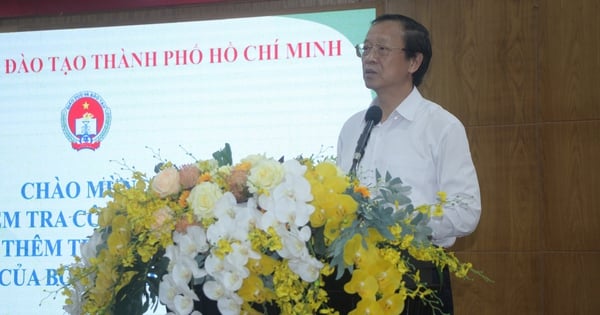
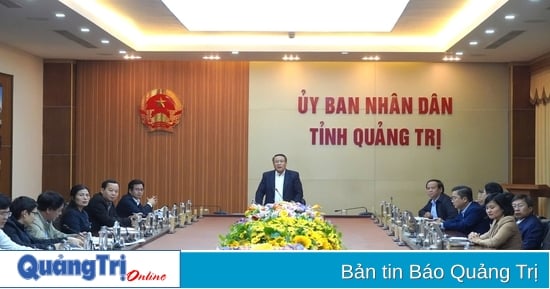

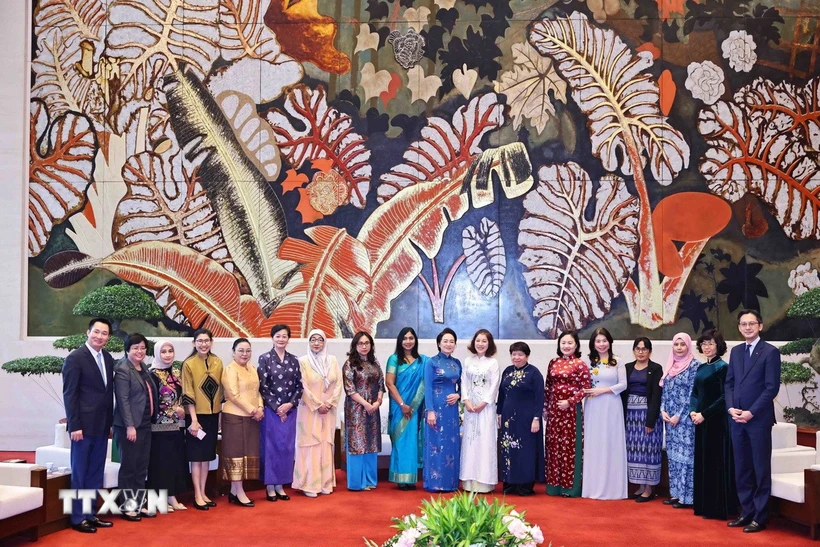

![[Photo] The National Assembly Chairman's wife had a friendly meeting with the ASEAN Community Women's Group](https://vstatic.vietnam.vn/vietnam/resource/IMAGE/2025/3/20/931c2aca02d8441d8cde642f3bcd16b1)

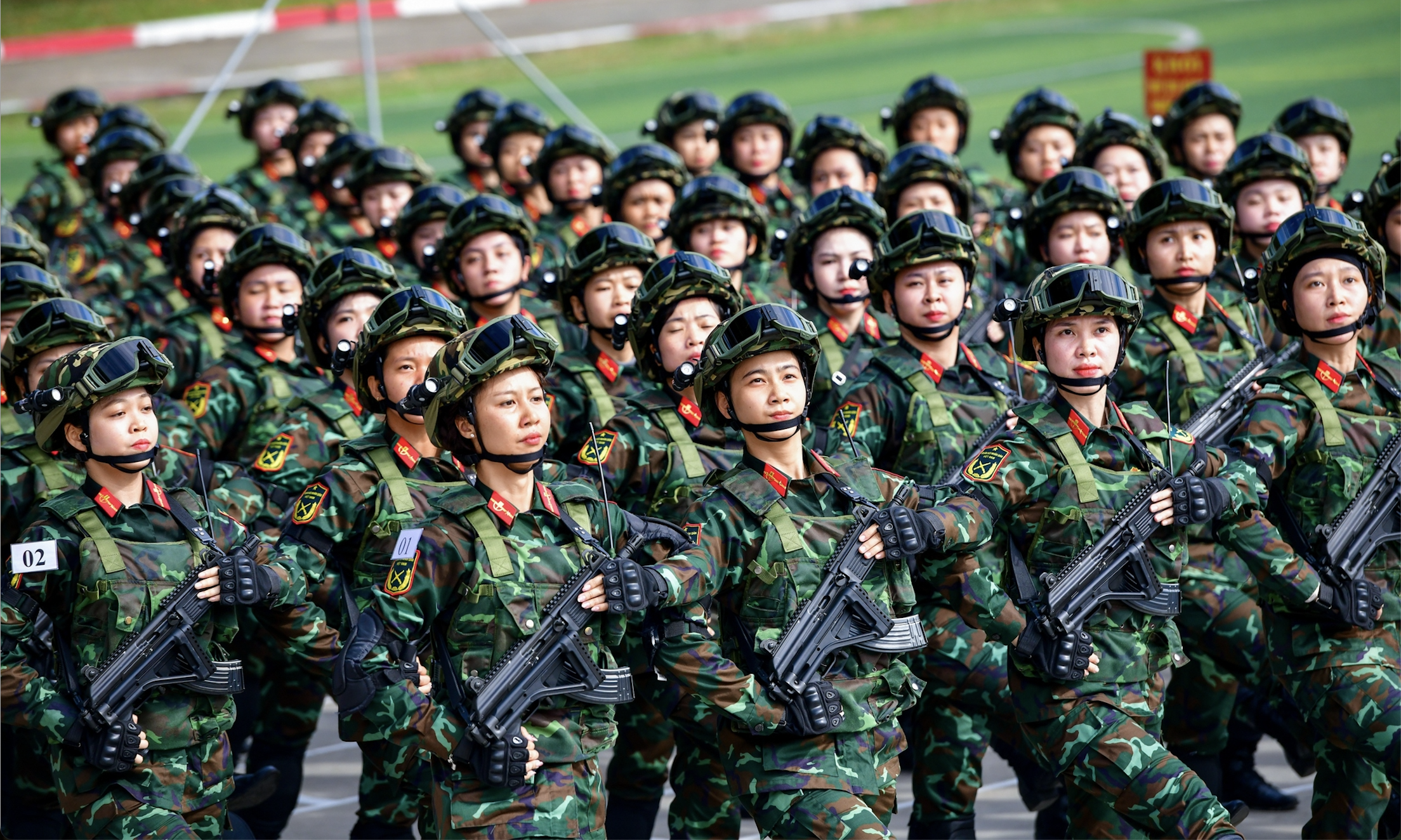








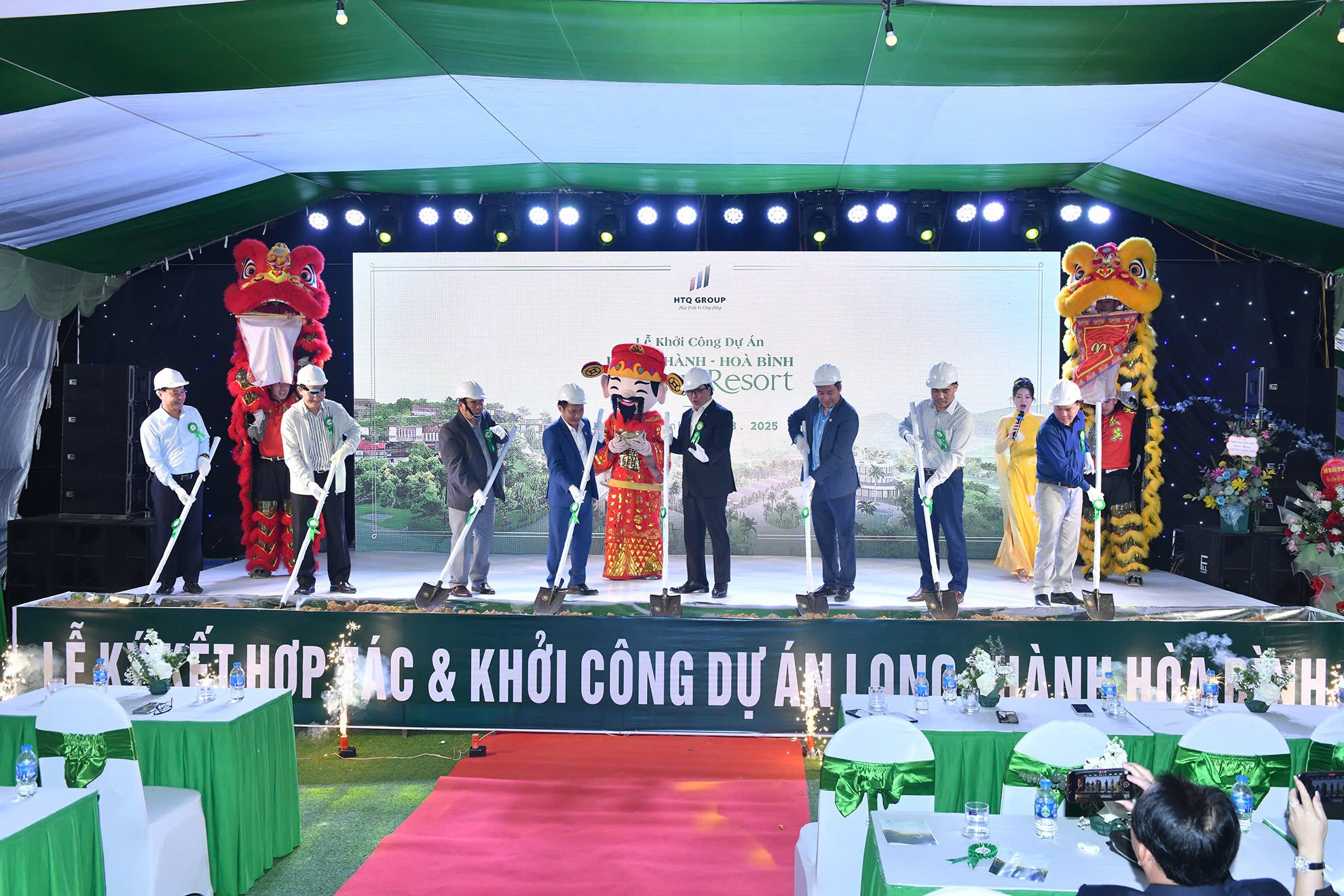
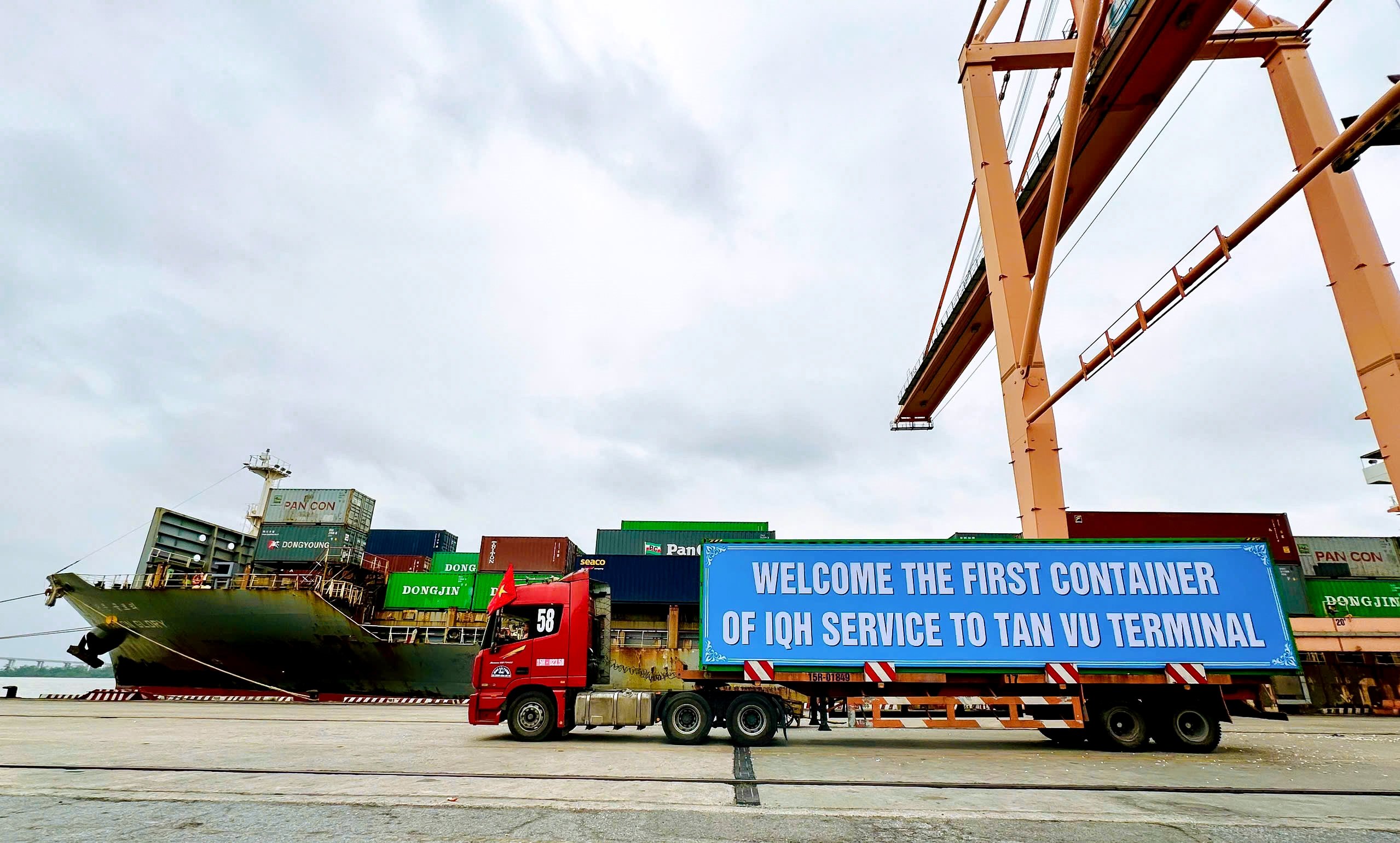
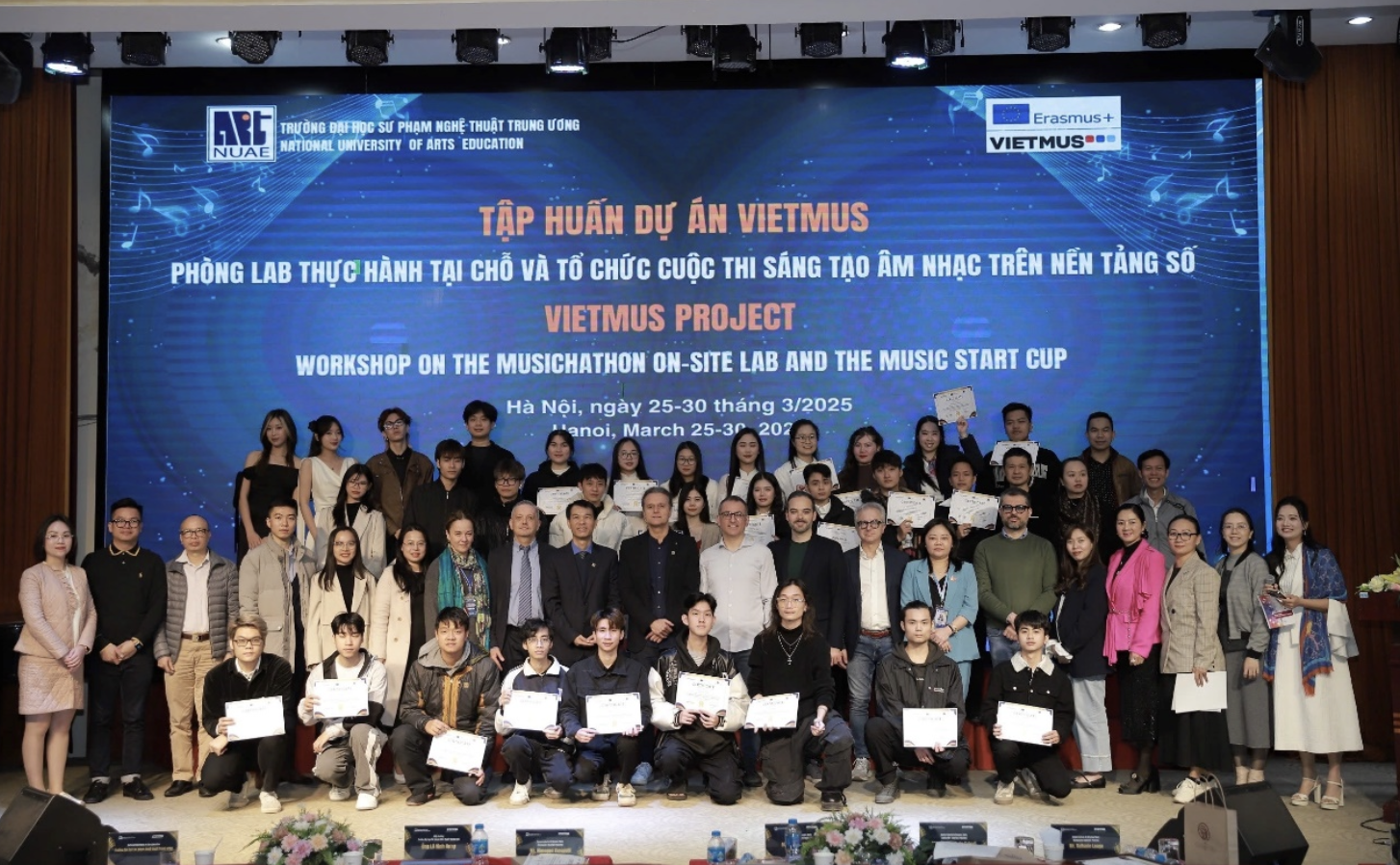
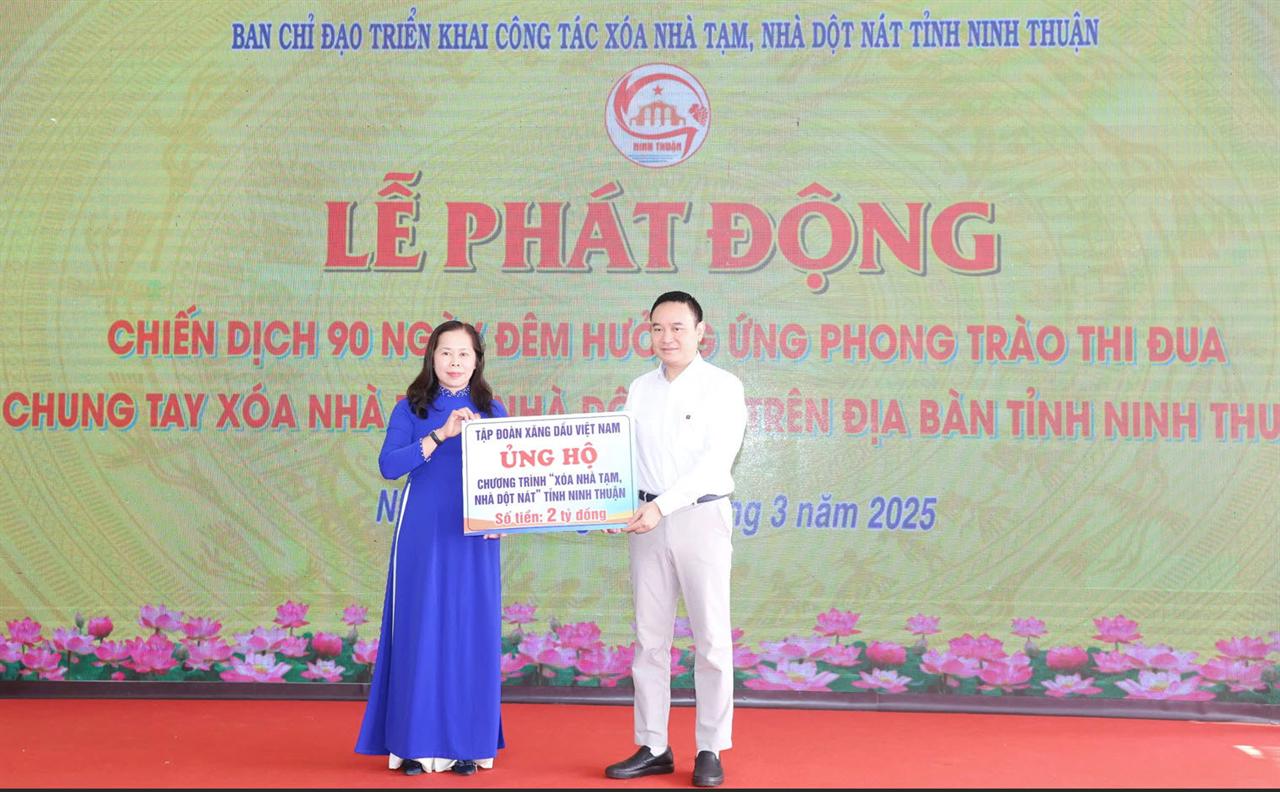
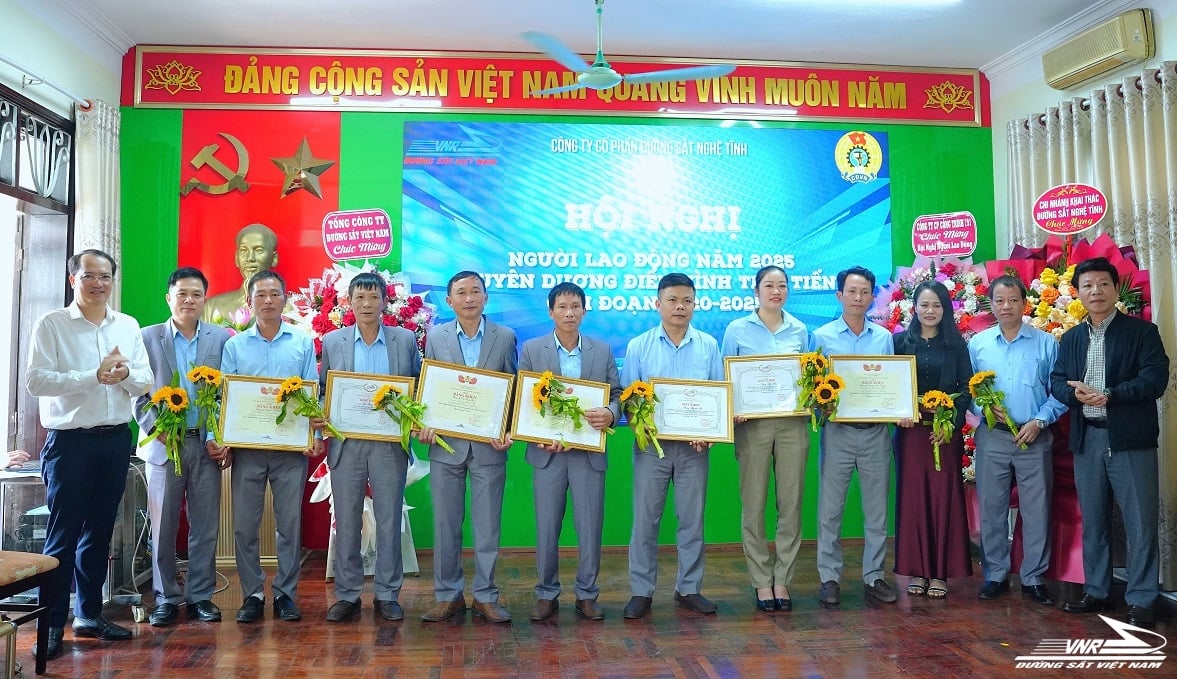
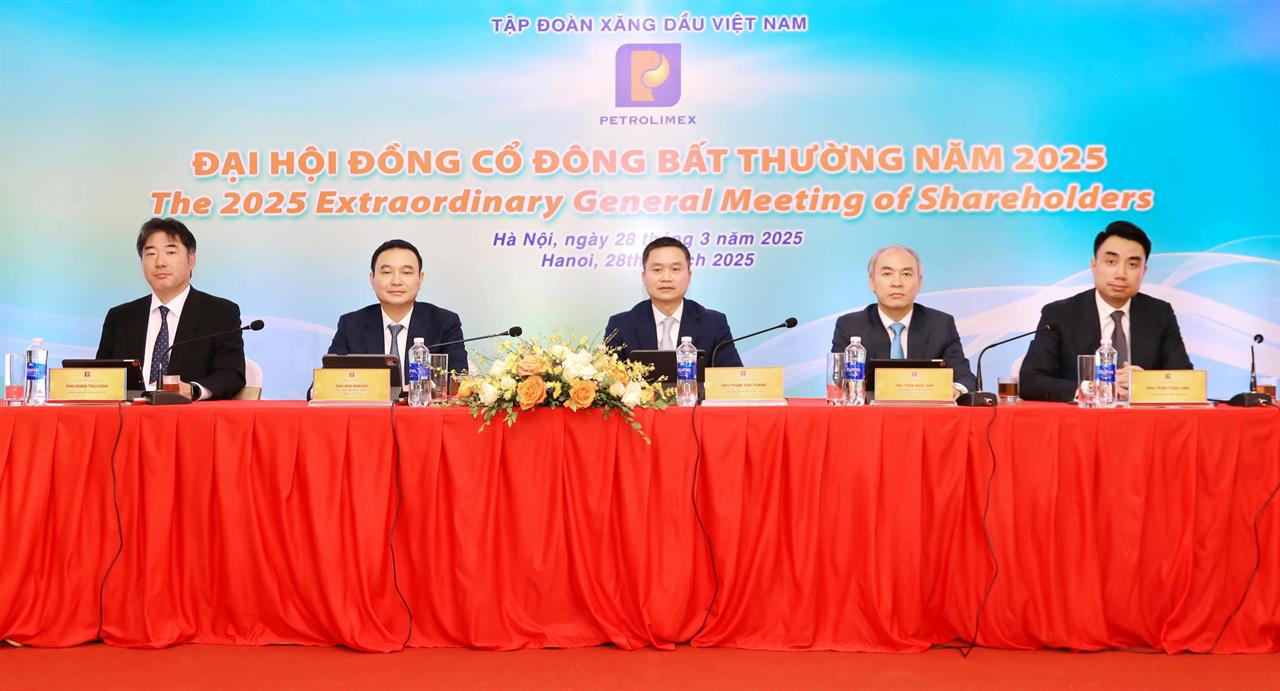


































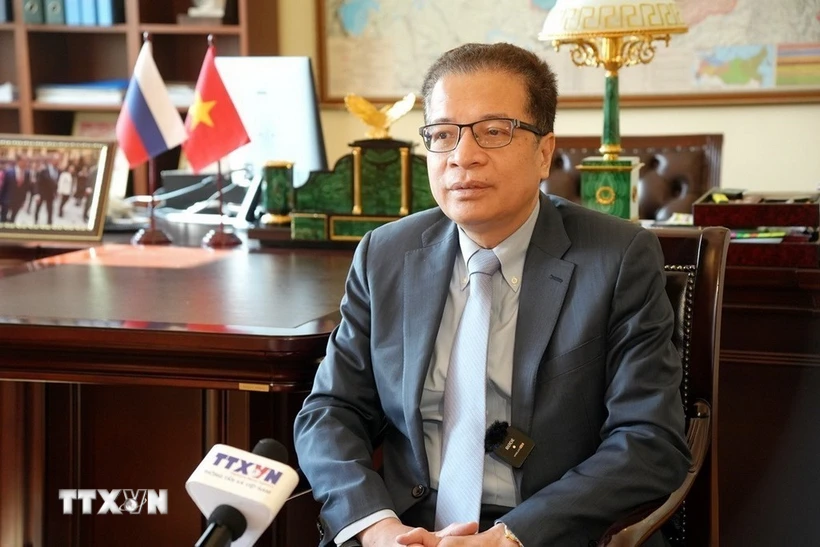
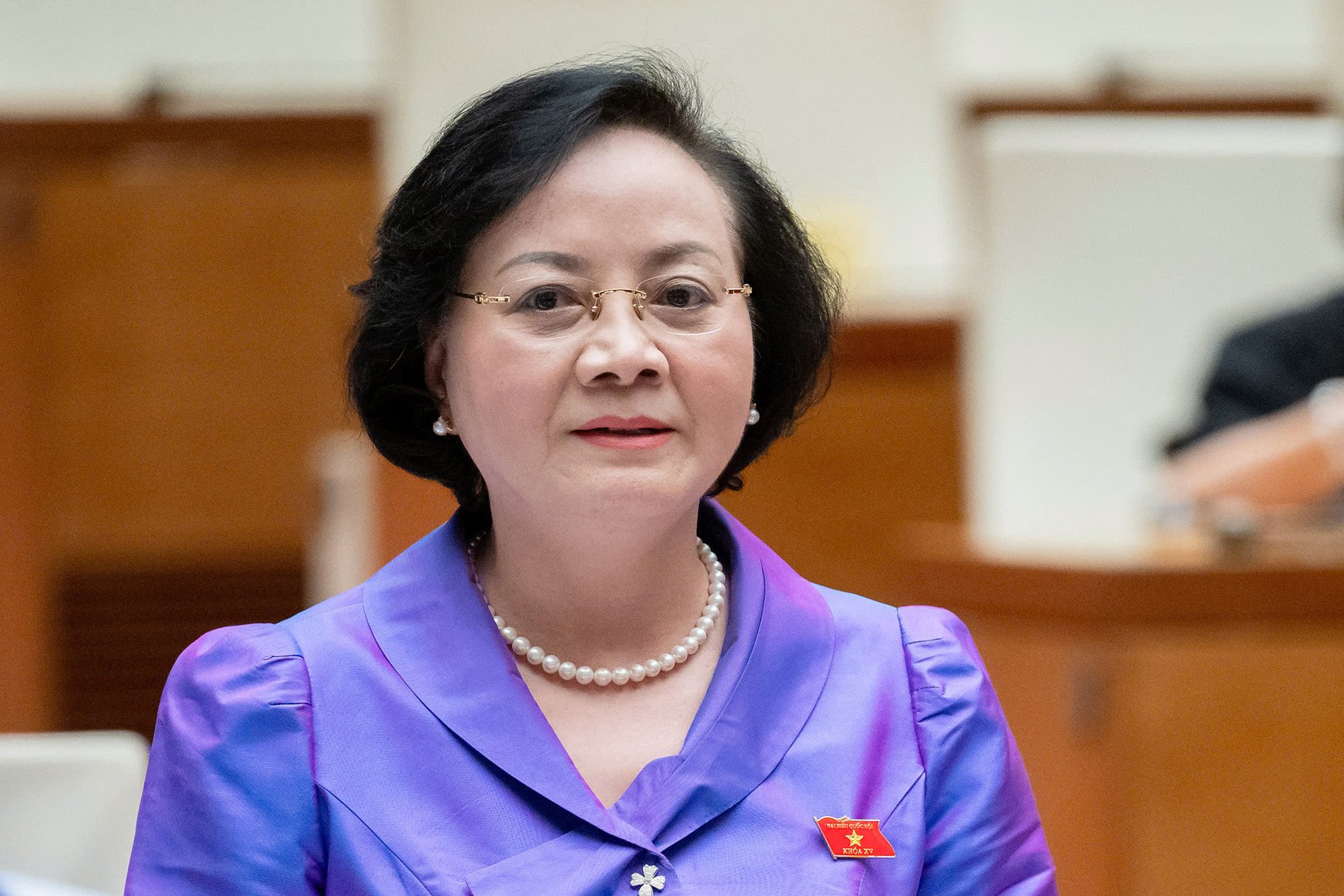
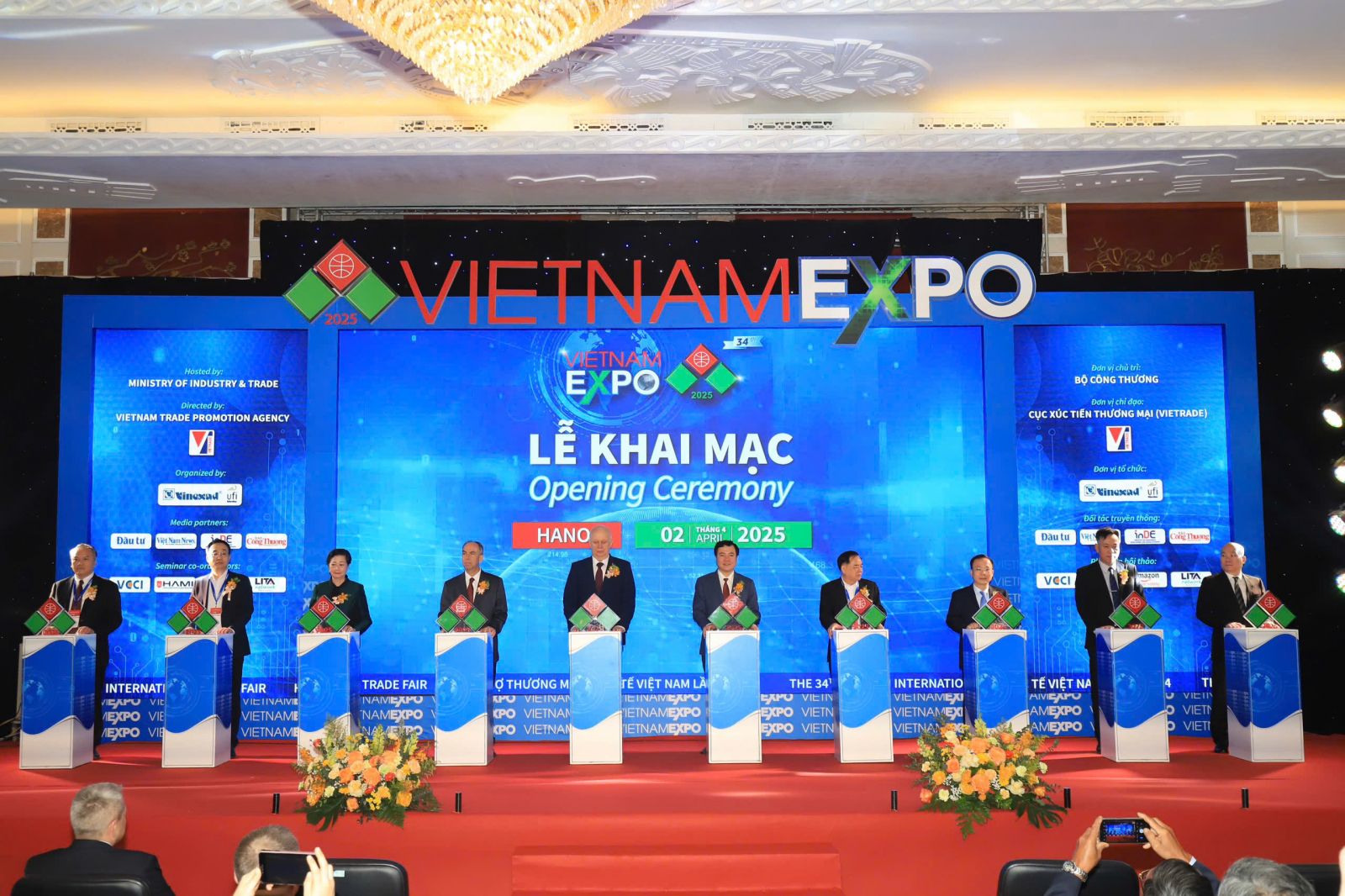






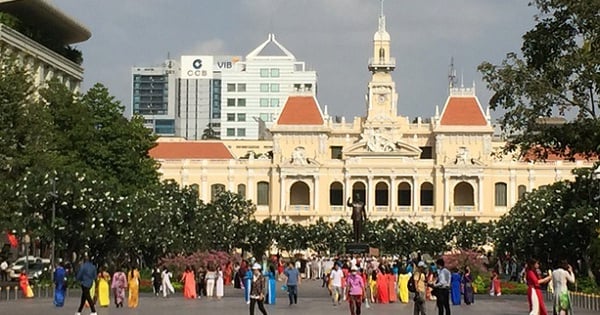

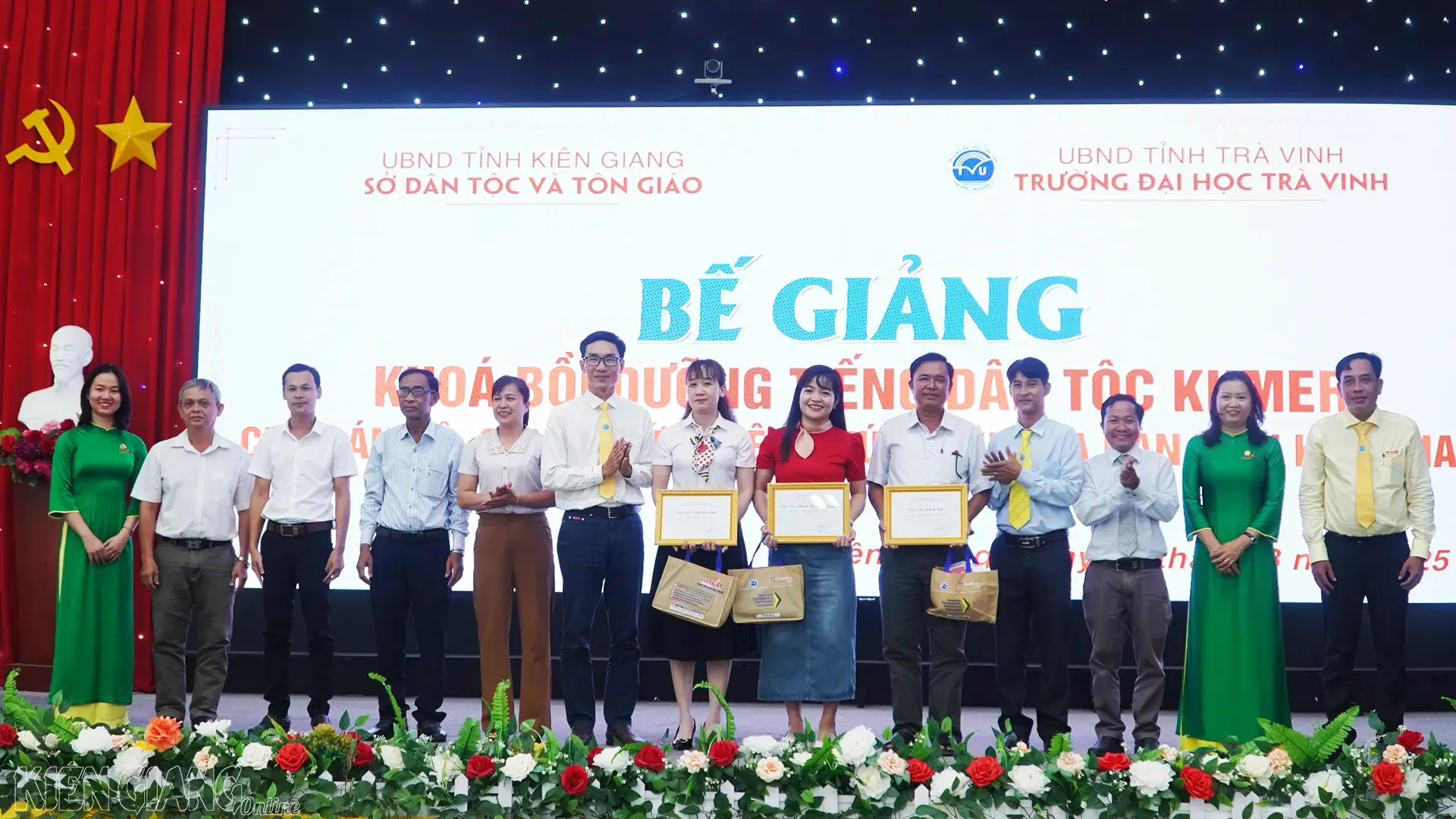





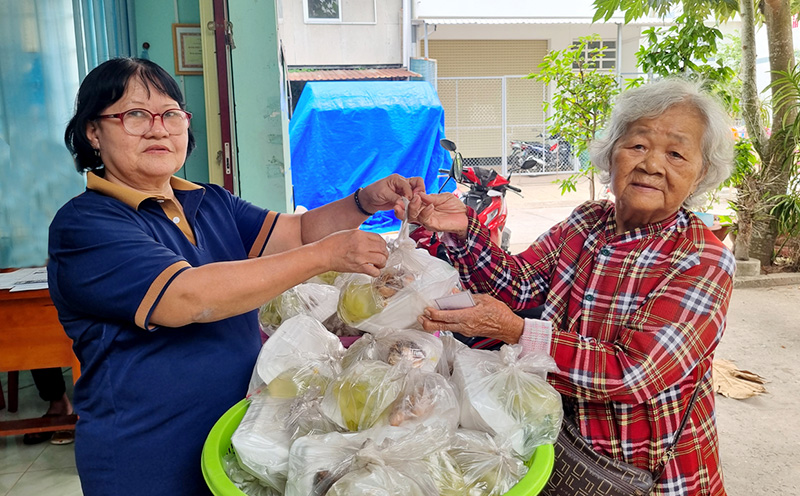











Comment (0)